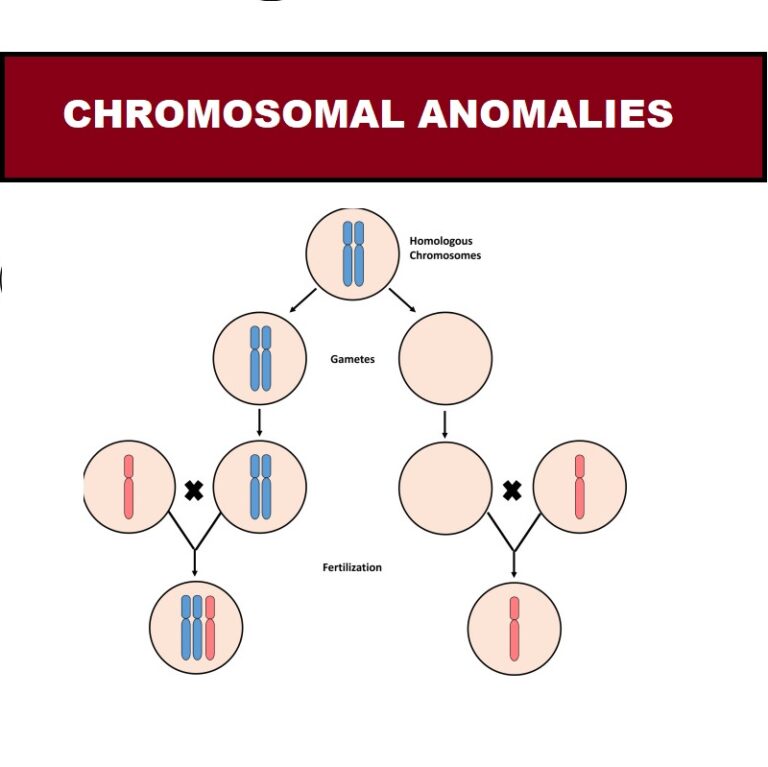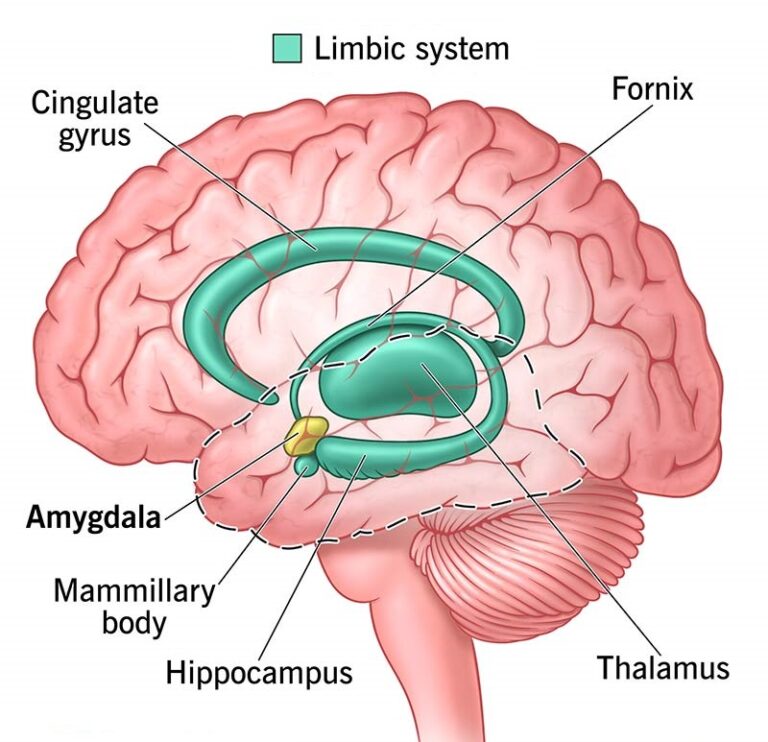
Paradigms of Western Psychology: Existential Phenomenology
Existential phenomenology is a profound paradigm in Western psychology that seeks to understand human existence as it is lived, emphasizing subjective experience and individual meaning-making. Emerging as a synthesis of existential philosophy and phenomenology, it challenges the reductionist, deterministic frameworks of traditional psychology by foregrounding human agency, freedom, and the search for authenticity.
Foundations of Existential Phenomenology
Existential phenomenology finds its roots in the philosophical works of Martin Heidegger, Jean-Paul Sartre, and Maurice Merleau-Ponty. In psychology, its development was shaped by figures such as Ludwig Binswanger, Rollo May, and Viktor Frankl. This paradigm rejects the detached, objectivist approach of positivism, instead exploring the lived experiences (“Lebenswelt”) of individuals as the starting point for understanding psychological phenomena.
Core Principles of Existential Phenomenology
- Subjectivity and Lived Experience: The focus is on how individuals perceive and make sense of their world.
- Freedom and Responsibility: Human beings are seen as free agents, capable of shaping their existence, yet burdened by the responsibility of their choices.
- Authenticity and Inauthenticity: Authentic living involves aligning one’s actions with personal values and meaning, while inauthenticity arises from conforming to societal expectations.
- Embodiment and Situatedness: Individuals are always situated within a particular time, place, and cultural context, and their bodies are integral to their lived experiences.
Table 1: Comparison of Existential Phenomenology and Positivism
| Aspect | Positivism | Existential Phenomenology |
|---|---|---|
| View of Reality | Objective, measurable reality | Subjective, lived experience |
| Human Nature | Deterministic and reductionist | Free, dynamic, and context-dependent |
| Methodology | Quantitative, experimental | Qualitative, interpretative |
| Focus | Universal laws and patterns | Individual meaning-making |
Applications of Existential Phenomenology in Psychology
Existential phenomenology has had a significant impact on clinical psychology, counseling, and research, offering rich insights into the human condition. Below are key applications and examples:
1. Psychotherapy
Existential therapy, rooted in existential phenomenology, focuses on helping clients explore their values, confront existential anxieties, and live authentically.
- Example: A client grappling with a midlife crisis might explore their feelings of meaninglessness and re-evaluate their priorities.
- Research Insight: Spinelli (2005) highlighted how existential therapy fosters self-awareness and personal growth by encouraging clients to confront existential givens such as freedom, isolation, and mortality.
2. Understanding Anxiety and Depression
Existential phenomenology offers a nuanced understanding of anxiety and depression as natural responses to existential concerns rather than pathological states.
- Example: Anxiety may arise from the tension between an individual’s desire for freedom and the constraints of societal norms.
- Research Insight: Boss (1979) emphasized that anxiety is an inevitable aspect of human existence, signaling the need for self-reflection and growth.
Table 2: Existential Givens and Psychological Implications
| Existential Given | Description | Psychological Implication |
|---|---|---|
| Freedom | The capacity to make choices | Responsibility and decision-making anxiety |
| Mortality | Awareness of life’s finiteness | Search for meaning and fear of death |
| Isolation | Inherent separateness from others | Desire for connection and fear of loneliness |
| Meaninglessness | Absence of inherent meaning in life | Need for purpose and existential despair |
3. Research in Humanistic Psychology
Existential phenomenology informs humanistic psychology by emphasizing subjective experience and personal growth.
- Example: Studies on post-traumatic growth explore how individuals find meaning and transformation following adversity.
- Research Insight: Tedeschi and Calhoun (2004) found that individuals who engage in existential reflection after trauma often experience enhanced personal development and resilience.
4. Cross-Cultural Psychology
Existential phenomenology underscores the importance of cultural context in shaping human experience, challenging the universality of Western psychological constructs.
- Example: Exploring how collectivist cultures perceive autonomy and authenticity differently from individualist cultures.
- Research Insight: Becker (1973) argued that cultural worldviews act as buffers against existential anxiety, influencing behaviors and attitudes.
Strengths of Existential Phenomenology
1. Holistic Understanding of Human Experience
Existential phenomenology provides a comprehensive framework for understanding the complexity of human life, integrating emotions, cognition, and embodiment.
- Example: Examining how grief is not merely an emotional state but a profound existential experience involving memory, identity, and hope.
2. Focus on Meaning and Authenticity
By prioritizing individual meaning-making, existential phenomenology encourages self-discovery and authenticity.
- Example: Helping clients identify and pursue personally meaningful goals in therapy.
3. Applicability Across Disciplines
This paradigm has influenced fields as diverse as education, health care, and organizational psychology, emphasizing person-centered approaches.
- Example: In palliative care, existential phenomenology informs practices that address patients’ existential concerns about death and legacy.
Critiques and Challenges of Existential Phenomenology
1. Subjectivity and Lack of Generalizability
Critics argue that the emphasis on subjective experience limits the generalizability of findings.
- Counterargument: While it focuses on individual experiences, existential phenomenology generates rich, contextual insights that complement quantitative research.
2. Ambiguity in Methodology
The interpretative nature of existential phenomenology can lead to inconsistencies in research practices and conclusions.
- Counterargument: Rigorous methodologies such as interpretative phenomenological analysis (IPA) ensure systematic and transparent inquiry.
Table 3: Strengths and Limitations of Existential Phenomenology
| Aspect | Strength | Limitation |
|---|---|---|
| Focus on Subjectivity | Provides deep insights into lived experiences | Challenges in generalizability |
| Holistic Approach | Integrates multiple dimensions of human life | Complexity may hinder practical applications |
| Flexibility | Adaptable to diverse contexts | Risk of methodological ambiguity |
Contemporary Relevance of Existential Phenomenology
In an increasingly fragmented and fast-paced world, existential phenomenology offers a vital framework for addressing the challenges of modern life, such as identity crises, alienation, and the search for meaning.
1. Addressing Workplace Burnout
Existential phenomenology helps organizations understand and address burnout by exploring employees’ experiences of purpose and authenticity.
- Example: Initiatives that align work roles with personal values to enhance employee well-being.
2. Navigating Technological Change
The paradigm sheds light on how digital technologies influence identity and relationships, offering insights into the existential dimensions of virtual life.
- Research Insight: Turkle (2011) examined how social media shapes individuals’ experiences of connection and solitude.
Conclusion
Existential phenomenology represents a transformative paradigm in Western psychology, emphasizing the richness and complexity of human experience. By focusing on lived experiences, freedom, and meaning-making, it challenges reductionist approaches and offers profound insights into the human condition. While it faces critiques for its subjectivity and methodological ambiguities, its holistic and context-sensitive perspective makes it an invaluable tool for understanding and addressing contemporary psychological and societal issues. Integrating existential phenomenology with other paradigms can further enrich its contributions, fostering a deeper appreciation of what it means to be human.
References
- Becker, E. (1973). The Denial of Death. Free Press.
- Boss, M. (1979). Existential Foundations of Medicine and Psychology. Jason Aronson.
- Spinelli, E. (2005). The Interpreted World: An Introduction to Phenomenological Psychology (2nd ed.). Sage.
- Tedeschi, R. G., & Calhoun, L. G. (2004). Target Article: “Posttraumatic Growth: Conceptual Foundations and Empirical Evidence”. Psychological Inquiry, 15(1), 1–18.







